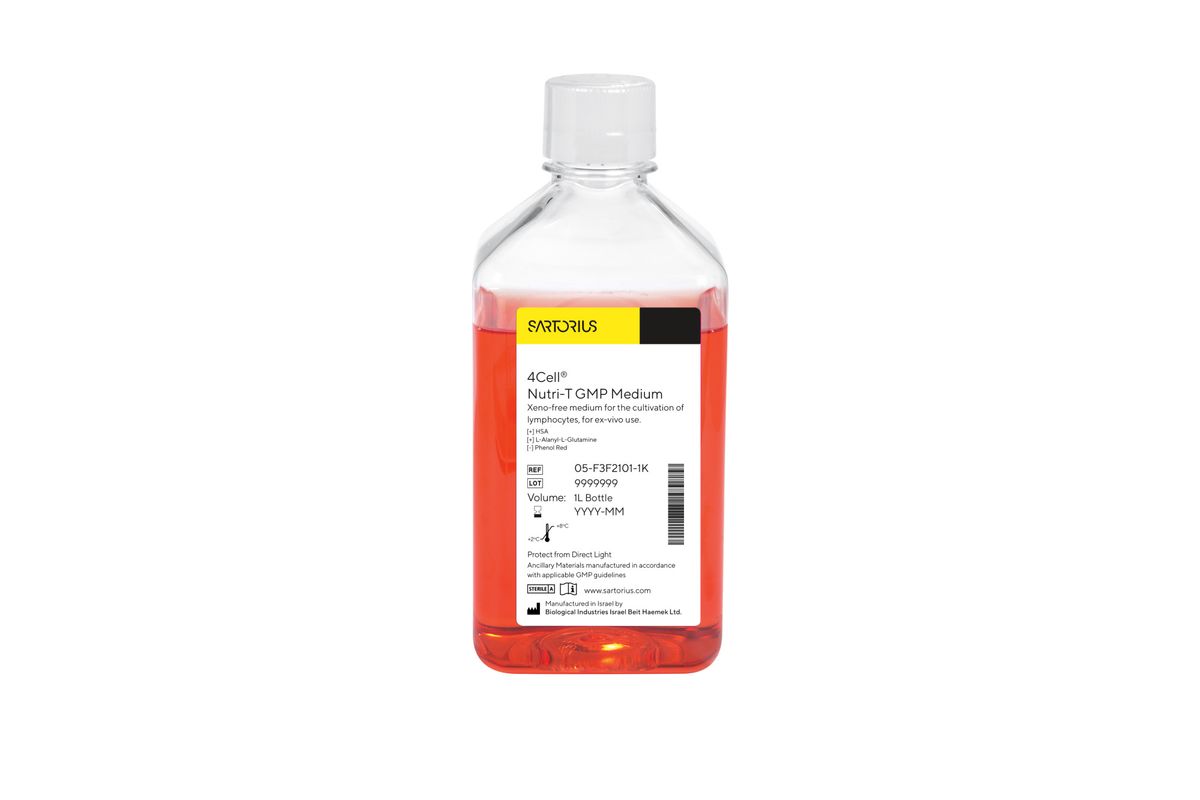Tackling an Age-old Cell Culture Problem
A new cell culture media formulation promises to eliminate media-induced cellular variability, improving immune cell culture for cell therapy.

Cancer immunotherapy has gained traction in recent years with cell-based therapies such as CAR T cell therapy entering the clinic. Cell therapy involves isolating immune cells from either healthy donors or patients and growing cells in cell culture media. Since cell culture media influences the growth and phenotypic characteristics of immune cells, choosing the right media is an essential component that ensures cell therapy success.
Researchers often add serum, a concoction of proteins, hormones, minerals, and other growth factors to cell culture media to boost cell growth and expansion. However, mammalian by-products present in serum can inadvertently alter the phenotypic characteristics of immune cells and introduce cellular variability. Serum-free, xeno-free media lowers regulatory risks by eliminating media-induced cellular variability.
4Cell ® Nutri-T Media is a serum-free, xeno-free medium developed for culturing peripheral blood mononuclear cells, T cells, CAR T cells, and tumor-infiltrating lymphocytes. By substituting the essential components of serum with specific proteins, lipids, and other small molecules, 4Cell ® Nutri-T Media allows contamination-free, variability-free, growth of immune cells with excellent viability and robust expansion. Experts at Sartorius optimized 4Cell ® Nutri-T Media to support the growth and expansion of both healthy immune cells and cancer patient-derived cells, making it an ideal cell culture media for growing immune cells needed for cell-based therapeutics.

